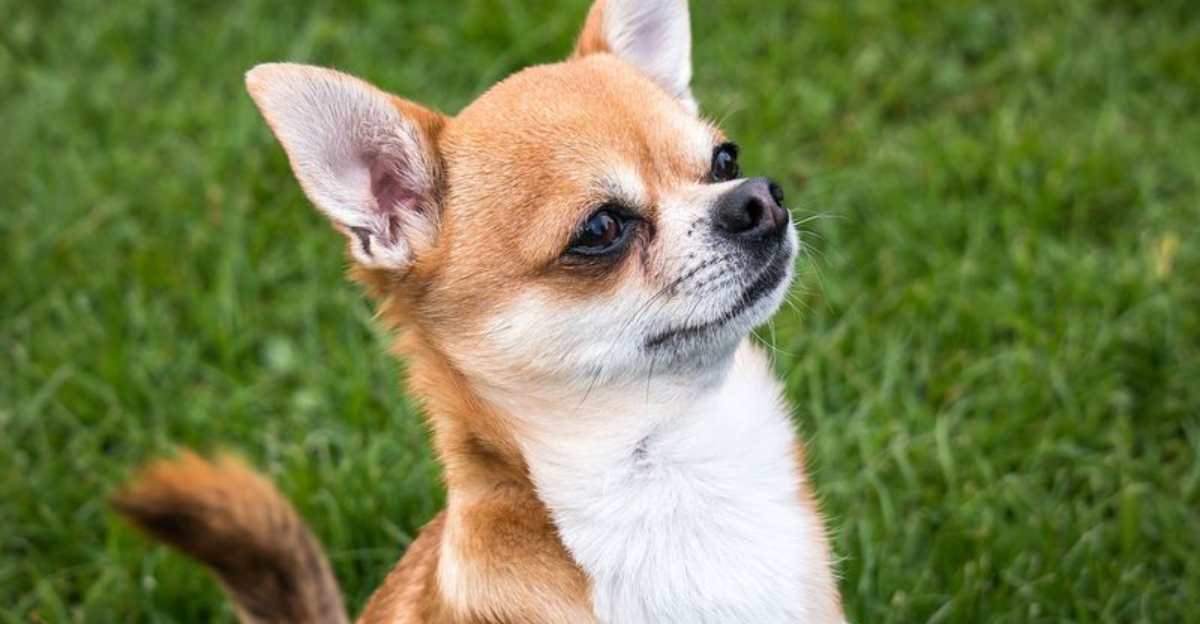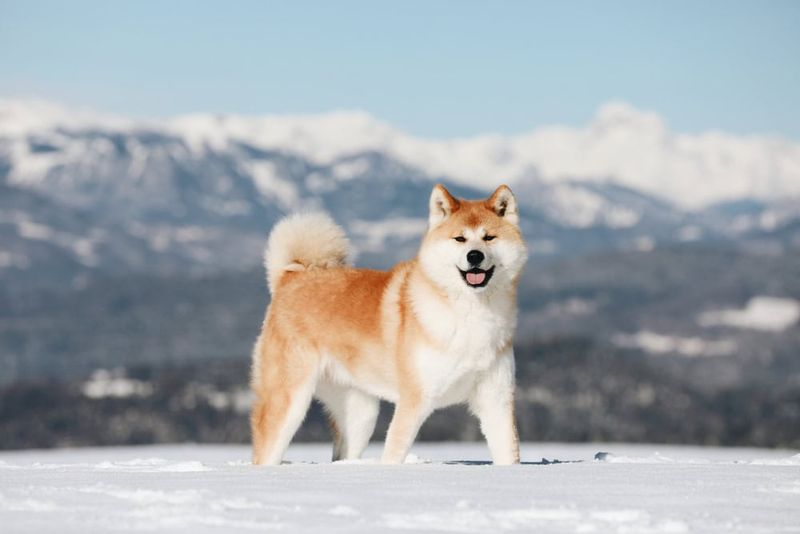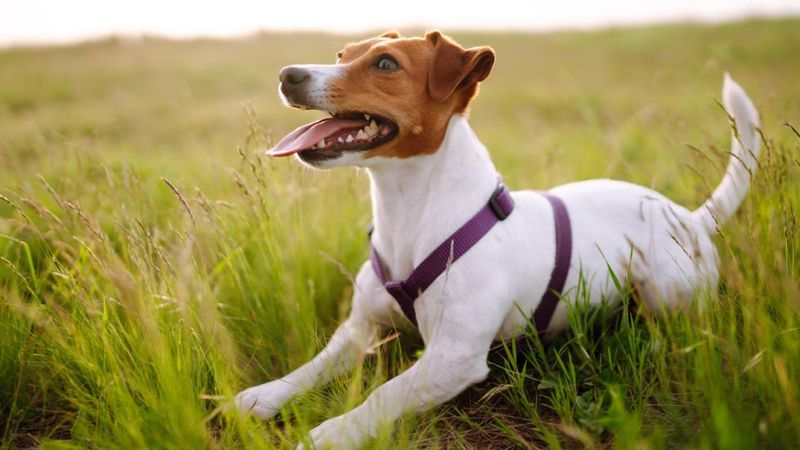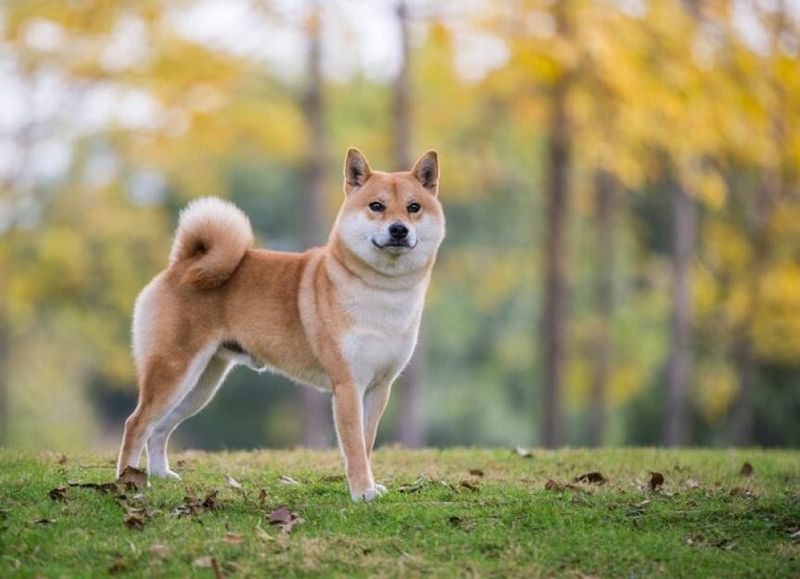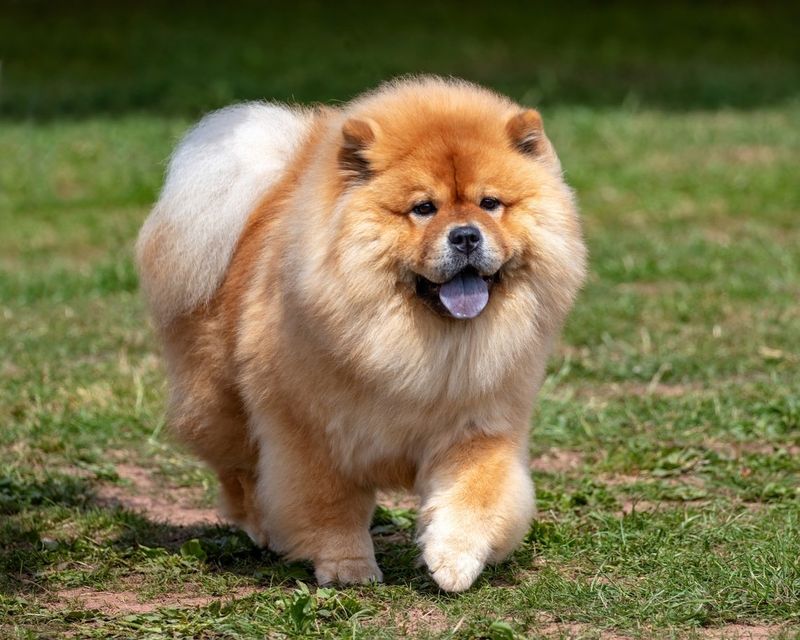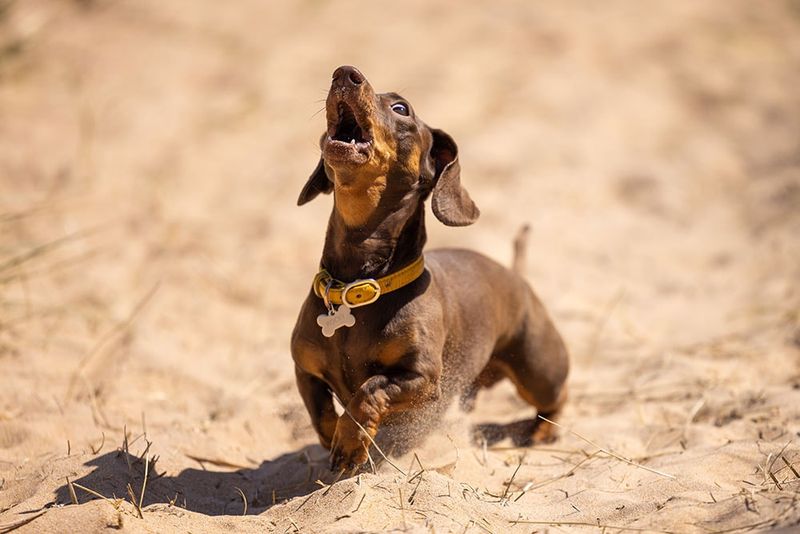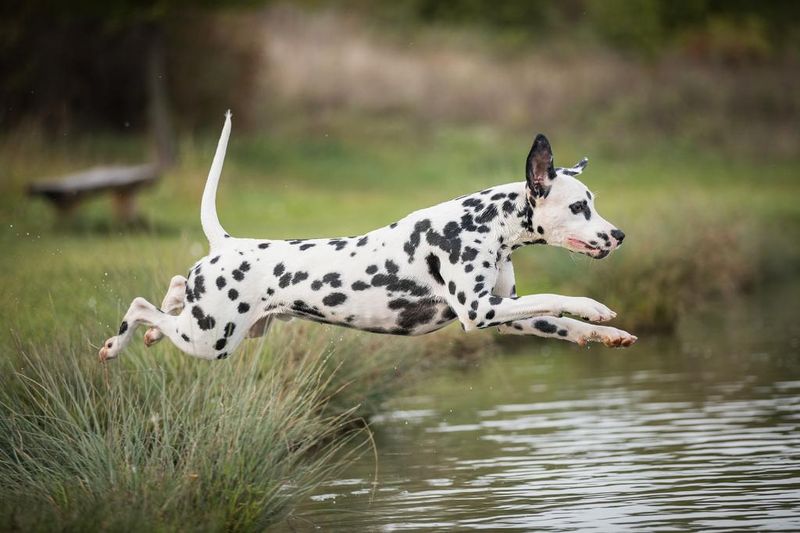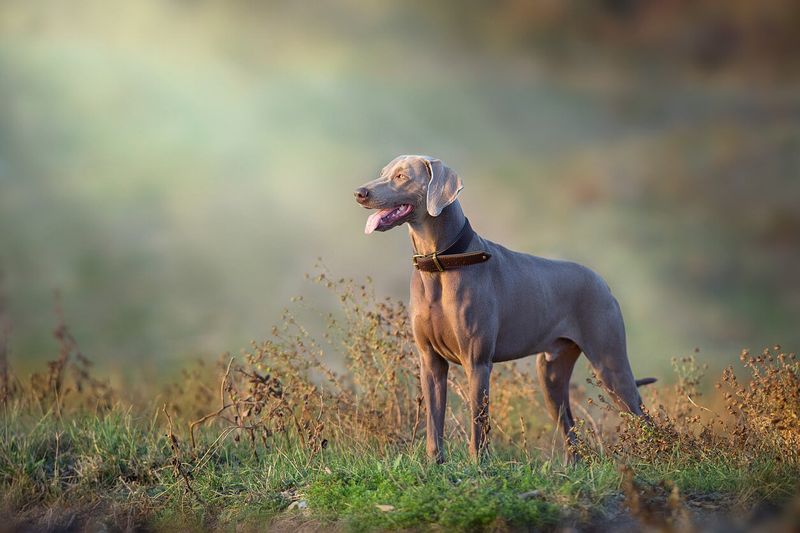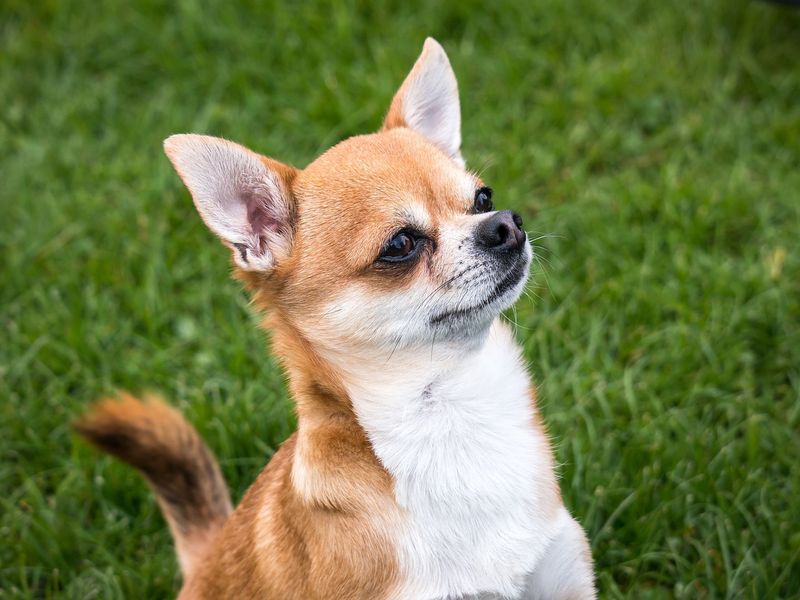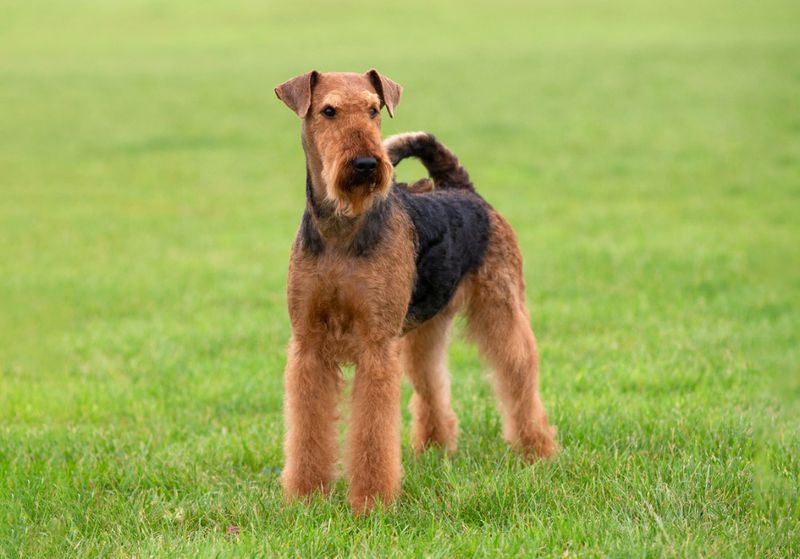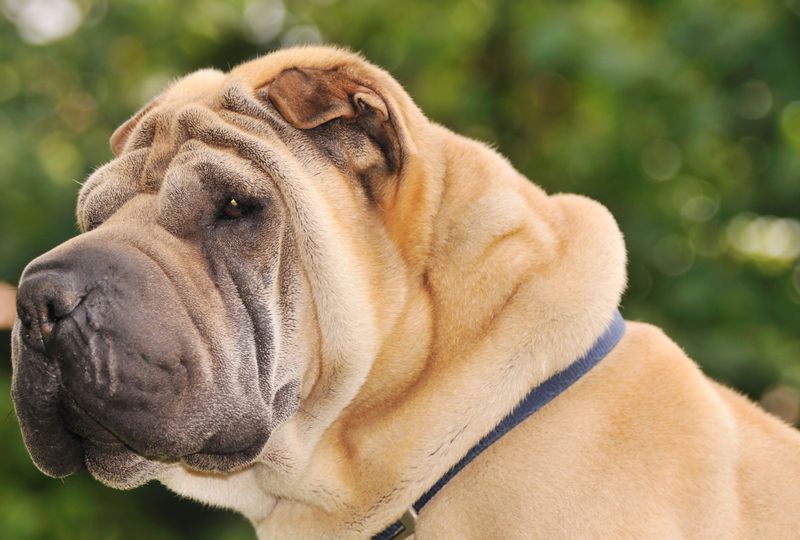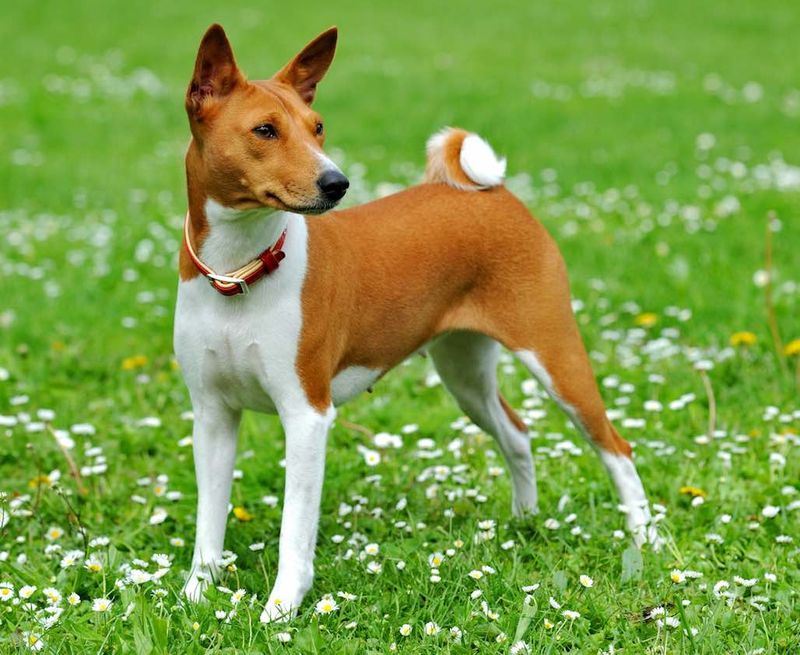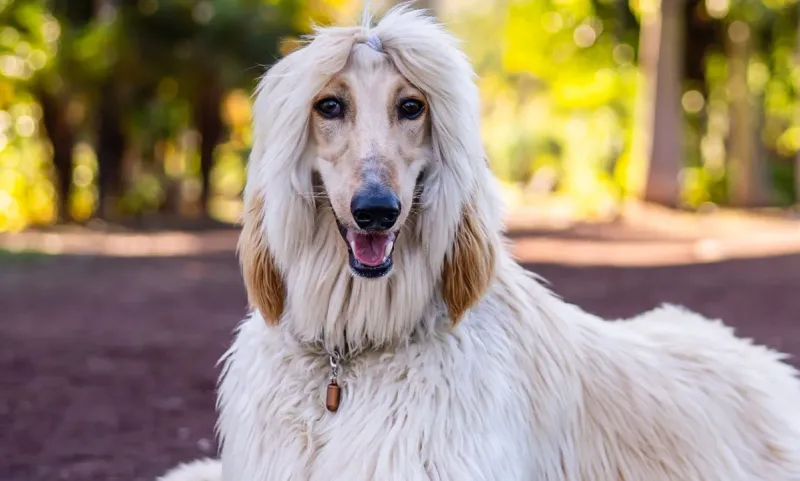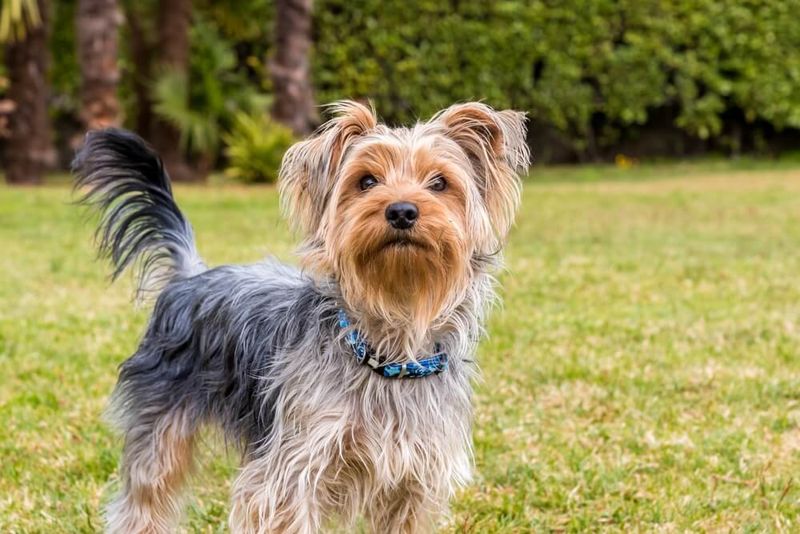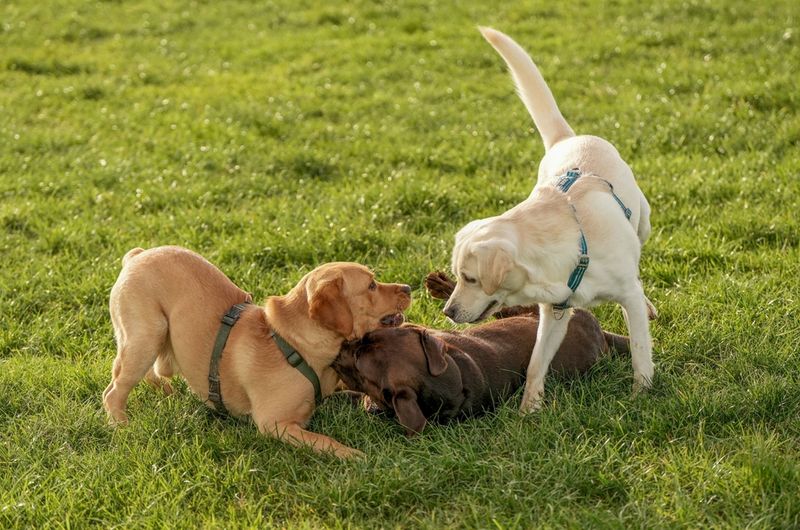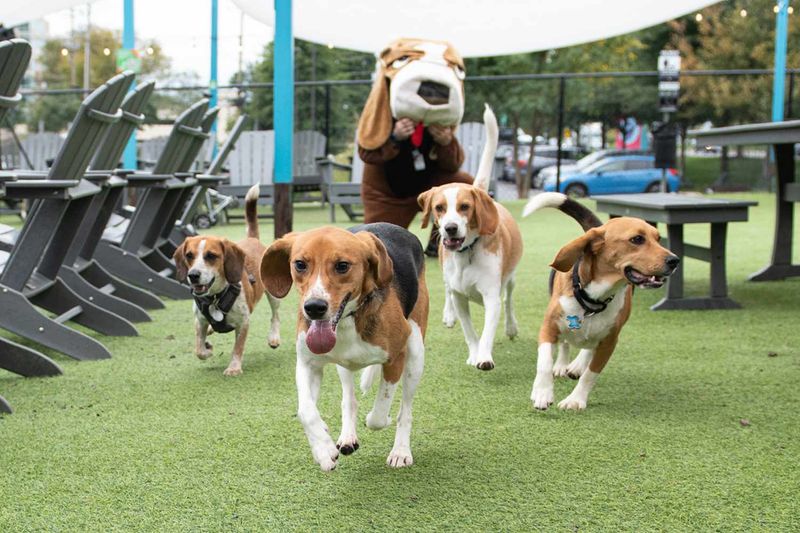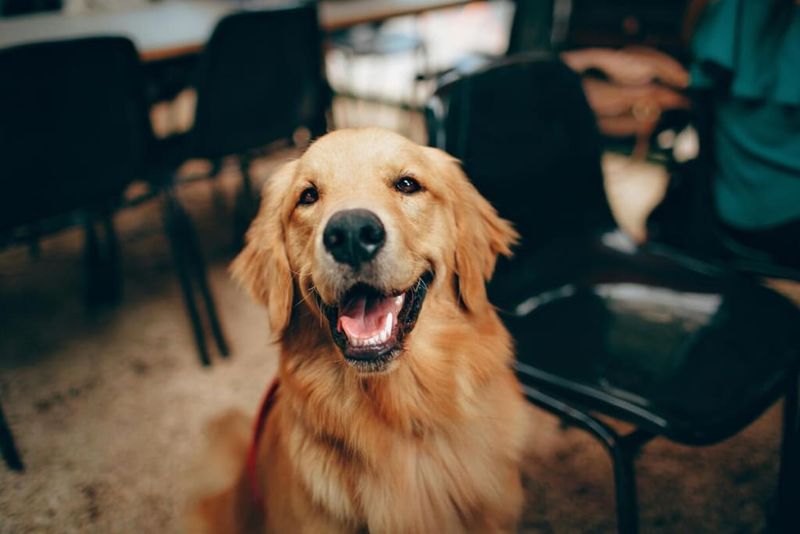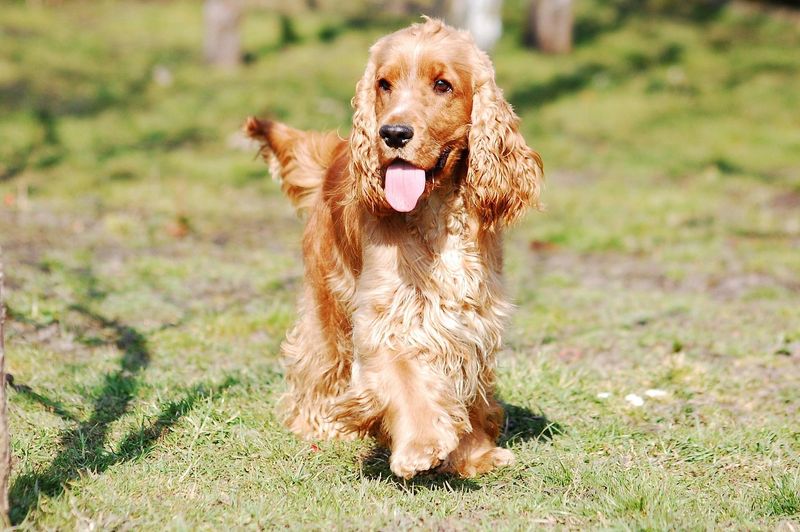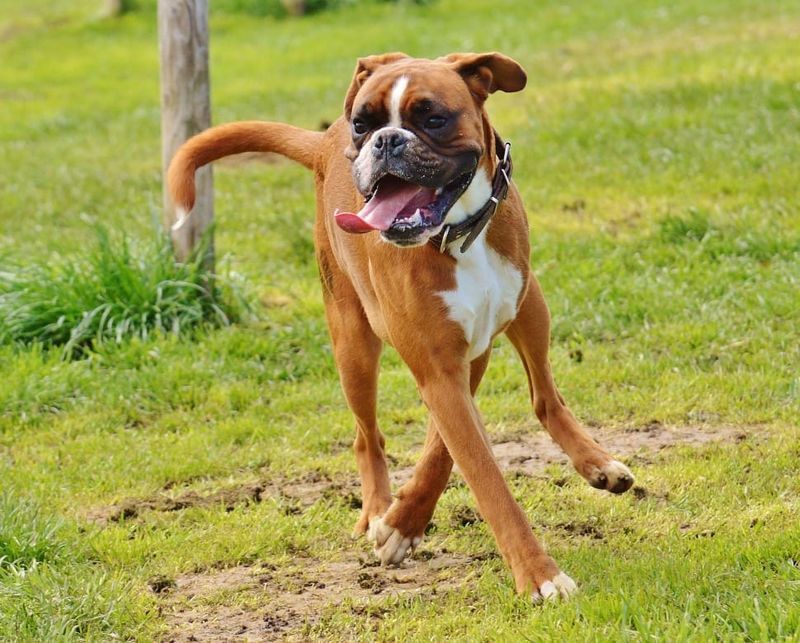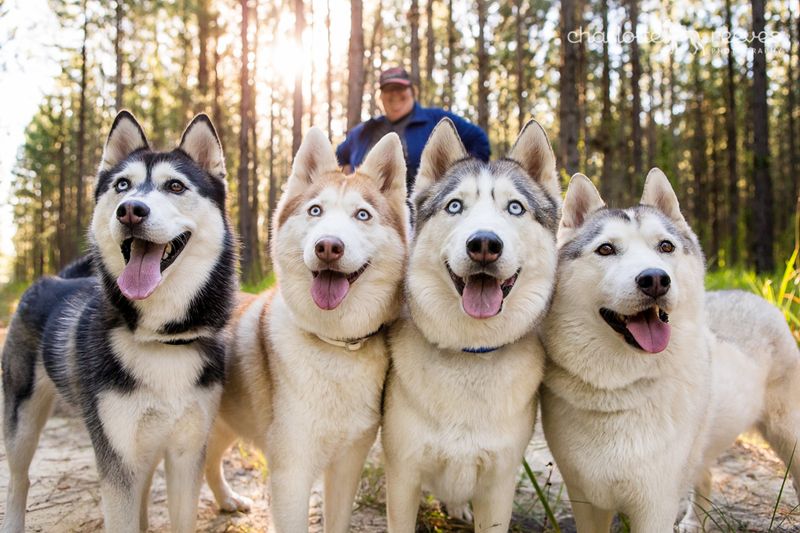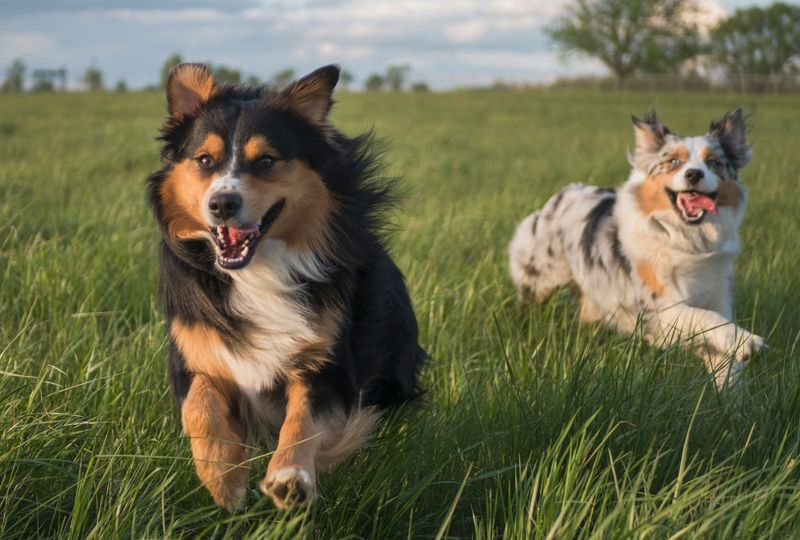In the world of dog breeds, personalities can vary as widely as appearances. Some breeds are known for their independent, sometimes aggressive nature, while others thrive in the company of their fellow canines. This blog post explores thirteen dog breeds that may struggle with social interactions and seven that are known for their pack-loving tendencies. Whether you’re a dog enthusiast or considering adopting a new furry friend, understanding these breeds’ social behaviors can help ensure a harmonious home.
Akita
The Akita, revered as a symbol of loyalty in Japan, is often aloof with strangers and other dogs.
This breed is known for its strong-willed nature and can be quite territorial, making it less fitting for homes with multiple dogs.
Proper training and socialization are crucial to manage their independent streak and ensure they cohabit peacefully.
Jack Russell Terrier
With their high energy and intelligence, Jack Russell Terriers are always on the move.
Their spirited nature can sometimes lead to aggressive play with other dogs, as they aren’t always aware of their own strength.
Early training can help temper this behavior, but they are generally better suited as the only pet in the household.
Shiba Inu
Shiba Inus, with their cat-like independence, are not typically pack animals.
Known for their aloof demeanor, they prefer to interact with humans rather than other dogs.
Though they’re loyal companions, their independent streak often translates to dominance, making them a challenging breed for homes with other pets.
Chow Chow
Chow Chows command attention with their lion-like appearance, but they are often aloof with others.
Their reserved nature can seem standoffish, and they tend to be suspicious of unfamiliar dogs.
While they bond well with their family, they require careful socialization to coexist peacefully with other animals.
Dachshund
With a big bark for such a small frame, Dachshunds can be surprisingly assertive.
These lively little dogs are natural hunters, and their instinctual drive can lead to chasing or barking at other dogs.
While they can learn to live with other pets, they often prefer being the center of attention.
Dalmatian
Dalmatians are known for their striking appearance and boundless energy.
This high energy can sometimes translate into rough play, which not all dogs appreciate.
Socialization and training from a young age are key to ensuring they interact positively with other dogs.
Weimaraner
Weimaraners, with their elegant, athletic build, require plenty of exercise and mental stimulation.
Their enthusiastic nature can sometimes overwhelm more timid dogs, leading to tense interactions.
Consistent training and social experiences are necessary to help them play nicely with others.
Chihuahua
Tiny but tenacious, the Chihuahua often believes it’s much larger than it is.
These little dynamos are known for their fierce loyalty to one person, which can sometimes translate to jealousy. Despite their small size, they have big personalities and can be quite feisty around other dogs.
Socialization from a young age is essential to help them feel more comfortable in canine company.
Airedale Terrier
Often called the “King of Terriers,” the Airedale has a bold and alert personality.
While intelligent and friendly with humans, they can be dominant and headstrong with other dogs.
Early training and socialization are key to managing their assertive tendencies.
Shar Pei
Recognizable for their unique wrinkles, Shar Peis are often independent and reserved.
Their aloof nature can sometimes be mistaken for aggression, especially with unfamiliar dogs.
With proper training and socialization, they can coexist peacefully, but they often prefer solitude or human company.
Basenji
Known as the “barkless dog,” the Basenji communicates through yodel-like sounds.
Their aloof nature and strong prey drive make them more interested in chasing than playing.
They often prefer solitary adventures, making them less suited for pack living.
Afghan Hound
Elegance personified, the Afghan Hound is often aloof and independent.
This breed’s regal demeanor and strong-willed nature can make them less interested in canine socialization.
While they are affectionate with their owners, they often prefer to be the sole focus of attention.
Yorkshire Terrier
Small in size but big in personality, Yorkshire Terriers can be quite bossy.
These feisty little dogs are fiercely protective of their space, leading to territorial disputes with other pets.
They require consistent training and socialization to manage their dominant tendencies.
Labrador Retriever
Friendly and outgoing, the Labrador Retriever is a natural pack animal.
Their easygoing nature makes them excellent companions for other dogs, as they thrive in a social environment.
Labs love to play and are often found at dog parks, happily interacting with their fellow canines.
Beagle
Beagles are well-known for their sociable and curious nature.
Their friendly disposition makes them great pack animals, as they love to explore and play with other dogs.
This breed thrives in the company of others, often forming strong bonds with their canine companions.
Golden Retriever
Golden Retrievers embody the essence of friendliness and warmth.
Known for their gentle demeanor, they easily get along with other dogs, making them ideal for pack life.
These dogs are happiest when surrounded by others, always ready to share in the fun and frolic.
Cocker Spaniel
With their cheerful and affectionate nature, Cocker Spaniels are true social butterflies.
They enjoy the company of other dogs and are always eager to join group activities.
This breed thrives in a social environment, often becoming the heart of any canine gathering.
Boxer
Boxers are known for their playful and exuberant nature.
Their energetic personality makes them excellent companions for other active dogs, forming strong bonds through play.
Boxers love the company of others, thriving in environments where they can interact and engage with fellow canines.
Siberian Husky
Siberian Huskies are born pack animals, thriving in the company of their peers.
Their social nature and high energy levels make them perfect companions for other dogs.
Huskies love to play and are happiest when part of a group, participating in shared adventures.
Australian Shepherd
Australian Shepherds are intelligent and energetic, well-suited to environments with multiple dogs.
Their herding instincts make them natural leaders, often organizing play among their peers.
These dogs thrive in a pack, enjoying both the companionship and the opportunity to engage in collaborative activities.
